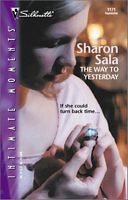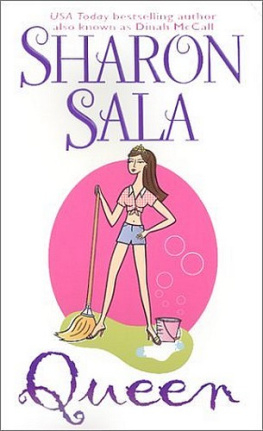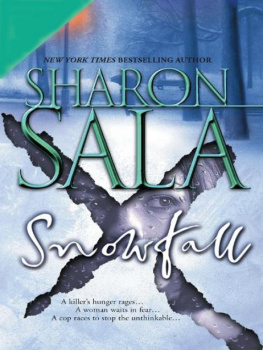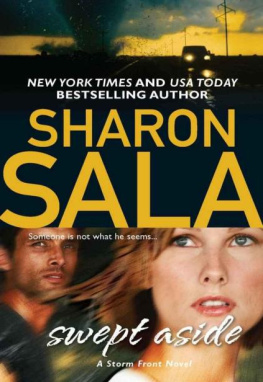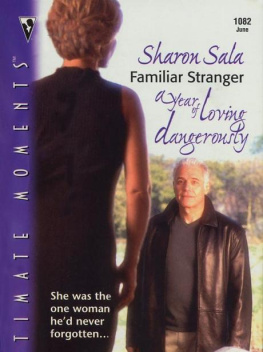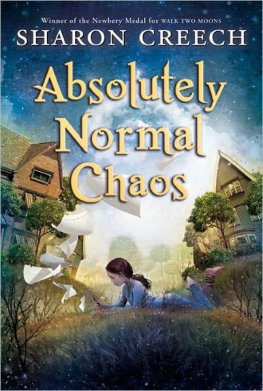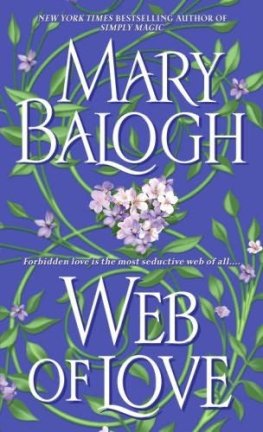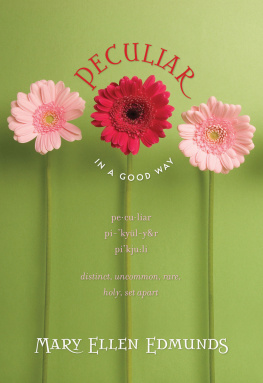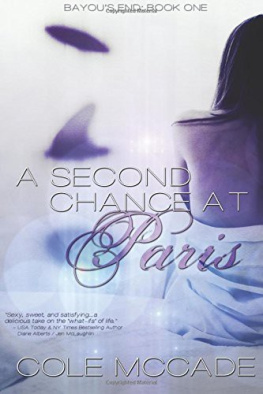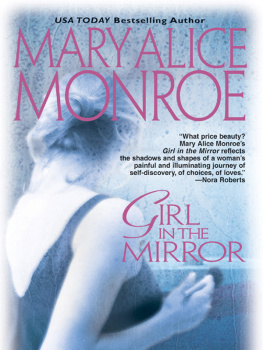Chapter One
'I'm sorry Ms. O'Rourke, but your friend had to cancel your luncheonappointment. She said to tell you that the school called. Her daughter is illand she had to go home. She tried to reach you at your office but you'd alreadyleft. May I seat you at a table for one?"
Mary Faith O'Rourke shook her head. "No, thank you. I won't bestaying," she said softly, and walked out of The Mimosa without lookingback.
It wasn't as if she'd wanted to come. For the past six years she hadn'twanted to do anything but die, and today was noexception. Exactly six years ago today, her husband and child were killed infront of her eyes.
Her friends worried about her, and in the back of her mind, she appreciatedtheir kindnesses and sin cerity . But they simply didnot understand. Oh, they knew what had happened, but they didn't know thedetails or the guilt with which Mary lived. Yes, she had been standing in herfront yard when her husband had backed out of the driveway with their baby inthe car. And yes, she had heard, before she'd seen, the police car comecareening around the corner in pursuit of another vehicle. And yes, she hadyelled at Daniel-screaming for him to stop. But they didn't know that thereason he'd been leaving the house was because they'd had a fight, or that thelast words they'd spoken to each other had been in anger. They would neverunderstand how insidious guilt was, or that she had tried so hard to die alongwith them when the three cars had collided and then burst into flames. WatchingDaniel and their baby daughter die in that fire had destroyed her spirit.
Now, she was just waiting for her body to catch up.
She glanced at her watch. It was a whole hour before she had to be back atwork at the dress shop across town and since food was the farthest thought fromher mind, she started to wander the streets. It had been years since she'd beenin this part of Savannah, but her friend had been insistent, raving about therenovations that had been done and the new businesses that had sprung up afterward.Mary had to admit that the place looked good. Old cement had been removed fromthe sidewalks, revealing a herringbone pathway of ancient, red bricks. Treeslined the curbs on both sides of the street, laying down a wide swath of shadefor the shoppers who were on foot. Dainty trellises covered with climbing ivyand bougainvillea partially hid the tiny alleys between the buildings, givingthe area an old-world appearance.
Mary walked and looked, but without really see ing . As she stopped at a crosswalk, waiting for the light,she overheard the conversation between the two women in front of her. Threechildren had gone missing from Savannahschools over the past six weeks, the latest only the day before yesterday. Withno clues as to what had happened to them, Mary could only imagine the parents'fears. She knew the meaning of loss and of mind-numbing fear, and she feltguilt that she had prayed for the children's safe return without actuallybelieving it would happen. The truth was, Mary had lost her faith in God andhumanity.
She continued to walk, absently window-shopping without interest in buying.It wasn't until later when she stopped in front of a jewelry store to look atthe window display that she realized she was lost. Curious, rather than concerned,she turned around, intent on searching for familiar landmarks, when the storeacross the street caught her attention. The name over the doorway intriguedher. Time After Time. But when she realized it was an antique shop, pain hither with the force of a fist to the gut, leaving her weak and motionless.
Before she and Daniel had married, antiquing had been one of their favoritepastimes. She loved old cookbooks and tiny treasures that were often overlookedby the true collectors. But that was back when they had still been happy, whenhis family hadn't known she existed. She shuddered. God. How many times in thepast six years had she relived those last moments of their lives? Rememberingthe fights was like being stabbed repeatedly in the heart, and always becauseof the same thing.
His parents hated her, and she hadn't known how to make him understand. Shecouldn't forget the sounds of her baby's shrieks, echoing above their ownshouts, and feeling the guilt of knowing that she was frightened by their angerand harsh words. She had known Daniel was frustrated with every thing,including her constant tears and her inability to get along with his family.She had lived in fear that he would get fed up with her and leave, then knowingif that happened that her world would come to an end. And it had happened, butnot as she'd expected. She had feared that he would leave her, but not that hewould die in the process.
A car sped past in front of her, shattering her concentration.
God how much longer do I pay penance before you put me out of my misery?
As usual, she got no answer to the question. Weary all the way to her soul,she started to turn away, barely missing a young boy on a bicycle as he came flyingaround a corner. In reflex, she jumped off the curb to keep from being hit andwhen she turned around, realized she was halfway across the street on her wayto the antique store.
Longing for a connection with the man that she'd loved and lost, she startedtoward the store, hesitating only briefly as she reached the door. When shestepped inside, she paused and took a deep breath.
The scent of well-oiled wood and ancient books mingled with the faint layerof dust on the jumbled up counter. To a true antique buff, it was like wavingfree money in front of an addicted gambler.
Telling herself she was a glutton for punishment, she let the door shutbehind her. As it did, a small bell jingled from somewhere overhead. At thesame moment, her gaze caught and held on the old man behind the counter.
She hadn't seen him at first, but when the bell sounded, he'd looked up andthe movement had caught her eye. He was tiny and stooped and looked as old asthe jumble of artifacts in the store. He had a tube of glue in one hand and apair of tweezers in the other. She could just see the corner of a picture frameon the table in front of him and supposed he was trying to repair somethingthat had broken.
"I'm just looking," she said.
He nodded and then returned to his task. A slight shift of relief movedthrough her when she realized he wasn't going to follow her around in thestore, trying for the hard-sell approach. She and
Daniel had always liked to browse on their own. Her nose wrinkled slightlyin reaction to the musty odors as she moved toward the back of the store. Thefarther back she went, the more narrow the aisle became. Finally, she foundherself holding the skirt of her dress against her body to keep from sweepingthe dust off from an assortment of old tables and chairs. Despite her initialnervousness in coming inside, she quickly lost herself in what Daniel used tocall her "search mode." She shopped from instinct rather than a skillof knowing true antiques, and her purchases had always reflected that. She boughtbecause she liked a piece, rather than due to any value it might have. In allthose precious years with Daniel, her favorite purchase was still a smallfluted vase for which she'd paid the huge sum of fifty cents. It was barely bigenough to hold a single sprig of honeysuckle, but its fragility reminded her ofa kinder, gentler time and place. If she closed her eyes, she could still seethe laughter on his face when she'd crowed with delight at the find.
Determined to proceed, she jutted her chin and pushed past the dusty jumbletoward a single counter at the back of the room.
There, in the middle of the mess, was a small glass case filled with anassortment of jewelry. The pad lock on the case was rusty, which went ratherwell with the thick layer of dust on top of the glass. Determined to lookinside, she took out a tissue and gave the dust a quick swipe. The moment shedid, she knew she wanted to see more.
Next page
